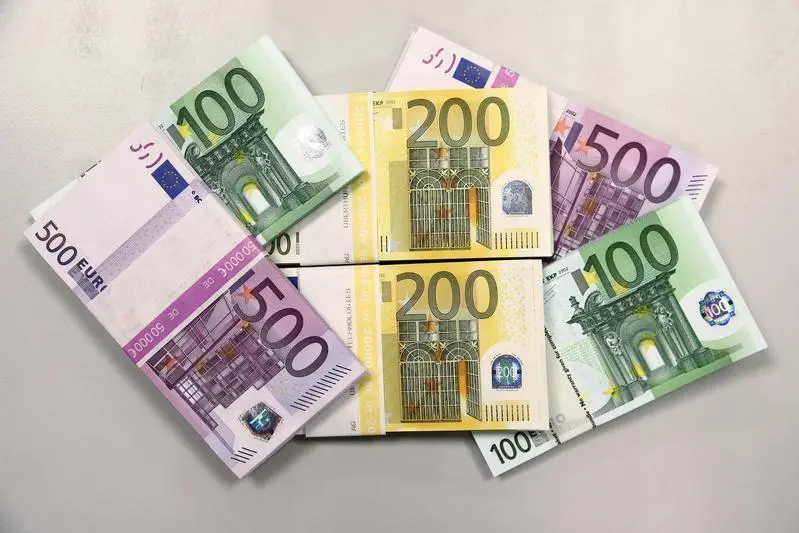PHOTO
ROME - Italy plans to revisit its contested windfall tax on banks by giving lenders the option to boost their reserve buffers instead of paying the levy, a draft amendment seen by Reuters showed on Saturday.
Last month Rome dealt a surprise blow to its lenders by imposing a one-off 40% tax on income derived from higher interest rates, after reprimanding banks for failing to reward deposits as the European Central Bank hiked official rates.
Bank shares tumbled before the economy ministry clarified that it would not collect more than 0.1% of lenders' total assets.
The proposed changes to the decree, which is currently under discussion in upper house the Senate, come after rebukes from the industry, international investors and the European Central Bank (ECB). Frankfurt said last week the levy could make some lenders vulnerable to an economic downturn.
Under the amendment, the tax targeting banks' net interest margin (NIM), a measure of profit resulting from the gap between lending and deposit rates, will be capped at 0.26% of risk-weighted exposures.
The new terms would make it less penalising for banks that hold a higher proportion of government bonds among their assets.
More importantly, instead of paying the tax, banks can boost their non-distributable reserves by earmarking an amount equivalent to two and a half times the levy.
Such an option is expected to exempt cooperative banks from the tax, as they usually put aside a large part of their profits as reserves.
Prime Minister Giorgia Meloni has always defended the rationale for the tax while leaving the door open to changes, provided proceeds remained unchanged at "just under" 3 billion euros ($3.2 billion).
Under the new proposal, Italy will tax 40% of the NIM earned in 2023 if the margin has grown by 10% or more from 2021 levels. In the current version, the tax would apply if NIM grows by 5% in 2022 and 10% in 2023 from 2021 levels.
The amendment is still subject to changes as it needs to be approved by state auditors at the Treasury before being formalised, sources familiar with the matter told Reuters.
($1 = 0.9388 euros) (Editing by Jan Harvey)





















